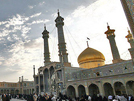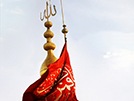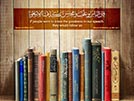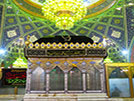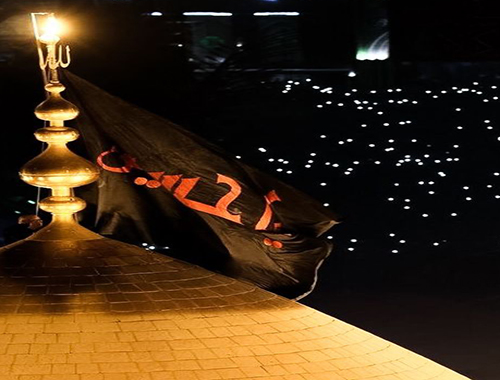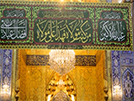Qayafa (Guess)
- Details
- Hits: 3181
Qayafa (Guess)
Qayafa is the art of determining the lineage of an individual. A person practicing Qayafa can decide whether a particular individual is the son or brother of another. But this practice is against the doctrine of Islam for establishing lineage and it is a kind of magic, therefore it is HarÄm in view of all the jurists. On the other hand it is possible for a knowledgeable and wise person to ascertain certain facts regarding an individual on the basis of his physical characteristics. This practice is not HarÄm. Many unusual episodes have been narrated on the basis of such knowledge.
An interesting incident is mentioned in al-KÄfi as well as the eleventh volume of BihÄr. During the time of Imam Ja’far as-Sadiq (a.s.), ‘Ali bin Huraira was a governor of the Abbasid Caliph. He had a slave named RafÄ«d. One day he was so angry with RafÄ«d that he decided to kill him. RafÄ«d ran away and took refuge with Imam Sadiq (a.s.). Imam (a.s.) told him to go back to his master and say that Imam (a.s.) has ordered him to spare his life, as he has taken refuge with Imam (a.s.). RafÄ«d was horrified but Imam (a.s.) insisted that he go back. So RafÄ«d obeyed and when he was on his way he met an Arab, who said, “Where are you going? Your face is that of a dead man.” Then he told RafÄ«d to show his hand. Again he remarked that the hands were of a person who has been killed. He looked at the legs and passed the same judgement. He said that his complete body was that of a person who has been murdered. Then he asked him to show his tongue. Upon seeing the tongue he remarked, “No harm will come to you because your tongue is that of an envoy and it carries such a message that if you were to go to huge mountains they would become soft, and become obedient to you.”
RafÄ«d says that when he came to his master ‘Ali bin Huraira, he at once gave the orders for his execution. His hands were tied and an executioner moved towards him with a naked sword. Then he told his master that it was not he who had got him arrested, but that he himself had returned to him. He also requested him to listen to what he had to say in privacy. He agreed to the request and RafÄ«d told him, “Ja’far bin Muhammad (a.s.) the master of both of us has sent you salÄm and requested you to spare my life.” When he heard this he could not believe it. RafÄ«d repeated it to him under oath. He at once freed him and asked his forgiveness. He insisted that his hands be tied in the same way by RafÄ«d. RafÄ«d could not make himself do this; but upon insistence he tied his hands and untied them quickly. Then he gave his seal ring to RafÄ«d and set him free.
Similarly, Shaykh SadÅ«q has related from Hisham that he went with Imam Musa bin Ja’far (a.s.) to a slave trader who had come from the west. Imam (a.s.) selected a slave girl but the trader refused to sell her. The next day Hisham went alone and bought the slave girl at a higher price according to Imam’s instructions. The slave trader asked him who was that man who had accompanied him the other day. Hisham acted under Taqiyya and said he didn’t know much, but that he was from the Bani Hashim. The slave trader said, “When I had purchased this slave-girl from a far away place in the west and was carrying her with me, a woman stopped me and asked where I was taking her. I said I had purchased her for myself. She said the girl was not made for me. She was destined for a man who was the best of the people in the world and in the near future she will give birth to a son to whom the west and east will be subservient.”
In keeping with the prediction, the slave girl gave birth to Imam RiÄa (a.s.).

